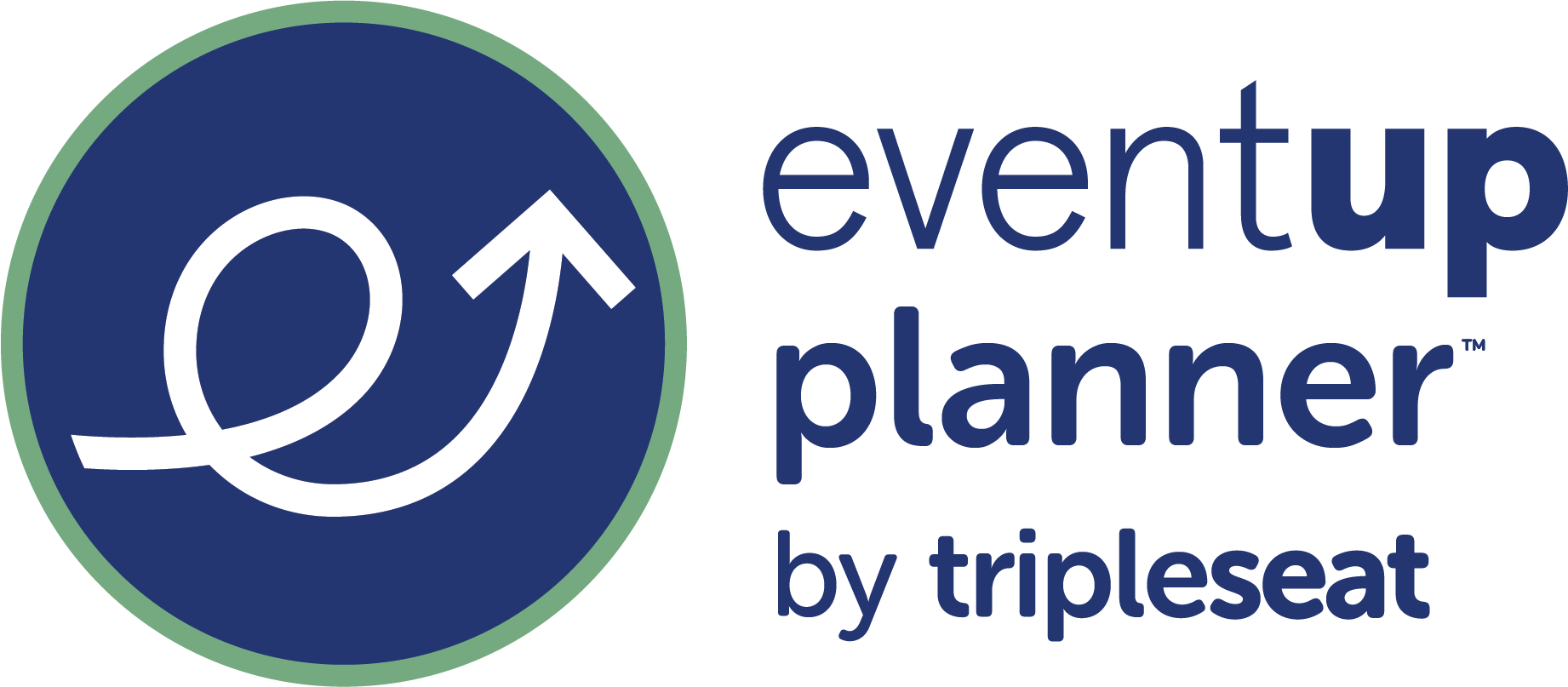The conflict between Sales and Marketing is hurting your business bottom line. However, consistently competing in today’s event planning arena requires a willingness to find new ways to work together. Ultimately, when sales and marketing are in alignment, there’s happy customers which translates directly to increased revenue.
Here are a few things to consider as you evaluate how to help your sales and marketing departments work together.
Today’s consumers need both departments working in harmony. Google – the ultimate tracker of consumer behavior – states that the average consumer researches from more than ten sources before making a buying decision, and the Marketing Leadership Council report found that B2B consumers “progress nearly 60 percent of the way through the purchase decision-making process before engaging a sales rep.” By working together, both Sales and Marketing can dramatically increase not only the success of your next event, but also your business’s bottom line.
What might that look like?
Create short-term collaborative effort around each event timeline from pre-planning through post-event followup. By strategically defining a revenue goal and working together to create the best event planning strategy to reach that goal, your team exponentially increases the probability of success.
- Consider changing the language – creating an Event Revenue Management Team sends a strong teamwork message while acknowledging the unique contributions of each department.
- Schedule regular collaborative brainstorming sessions.
- Invite feedback on all aspects of event planning and make course adjustments when necessary.
- Encourage an atmosphere of cooperation rather than competition.
- Expect different perspectives as each department brings their unique gifts to the table.
Decisions for how to effectively combine the efforts of Sales and Marketing in your event management planning must be data driven. Without data, you’re left with Marketing tossing leads over the fence, and Sales certain they’re not being given the tools they need to close the deal.
- Work together to design your sales funnel and CRM campaigns so Marketing knows what information Sales needs, and Sales knows what information Marketing needs.
- Strategically use technology (such as online event registration, social media integration that follows each registrant post-event, and mobile event apps to enhance participant’s experience and generate additional targeted data points) to make your event management process an experience that results in delighted customers while providing the data necessary to make course adjustments as necessary.
- Collect and share data from pre-event campaigns, registration, during the event, and during the post-event CRM. The more pertinent information is gathered, analyzed, and made available at each stage of the event process, the better Sales can have the tools necessary to close the deal. And the better Sales shares data collected from their interaction and feedback with customers, the better Marketing will be able to further customize ongoing marketing efforts.
- By working collaboratively, potentially ‘lost’ customers can be recycled back into the nurturing process if they’re not quite ready for the ‘close’ by Sales.
Event planning based on data-driven collaboration between both Sales and Marketing will enhance the brand experience of your attendees while measurably improving your ROI. By collecting, analyzing, and making available data from every stage of the event planning process, both can work together to create a truly successful event with aligned goals and ultimately happy customers. Contact us today to see how we can help create your next successful event.

